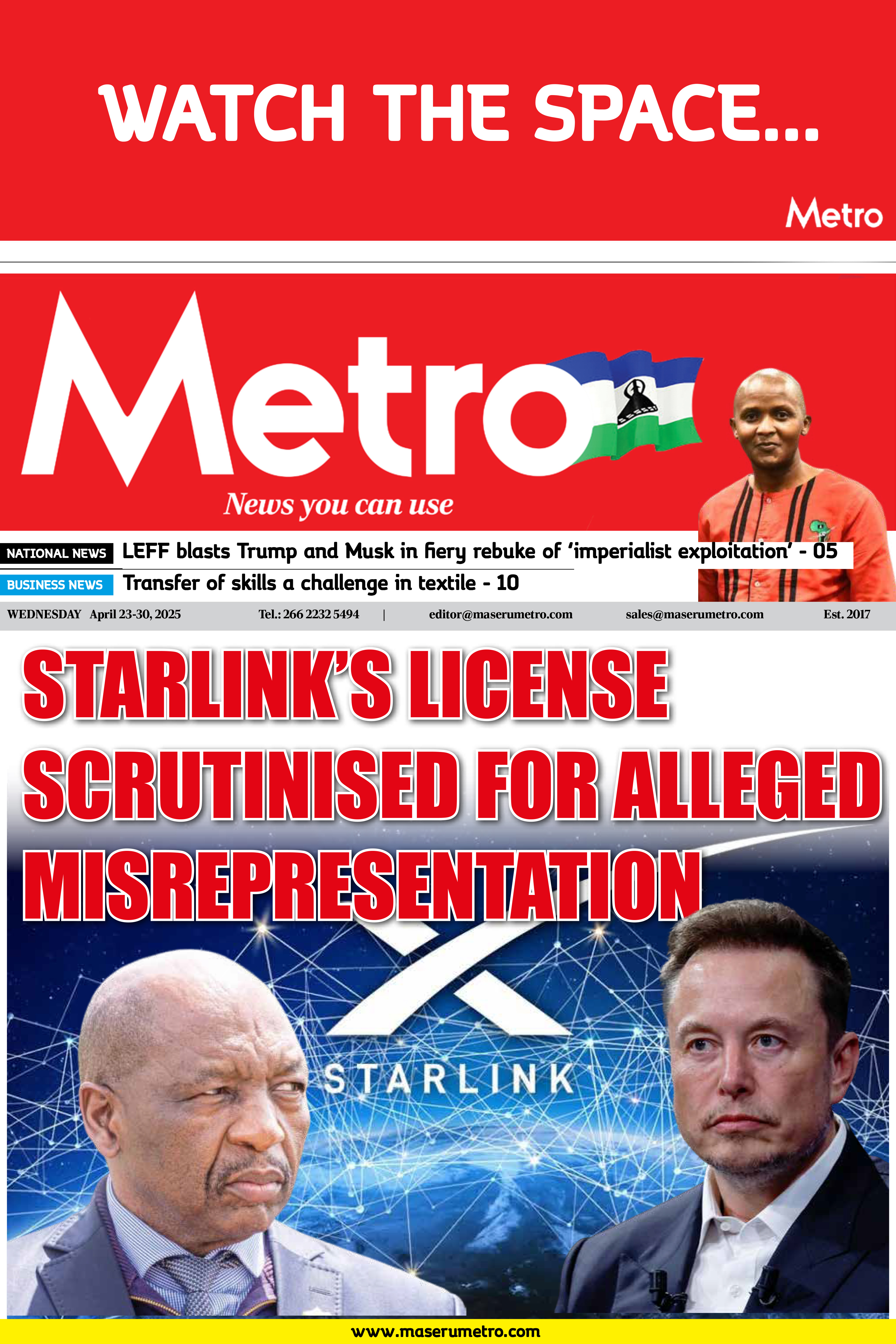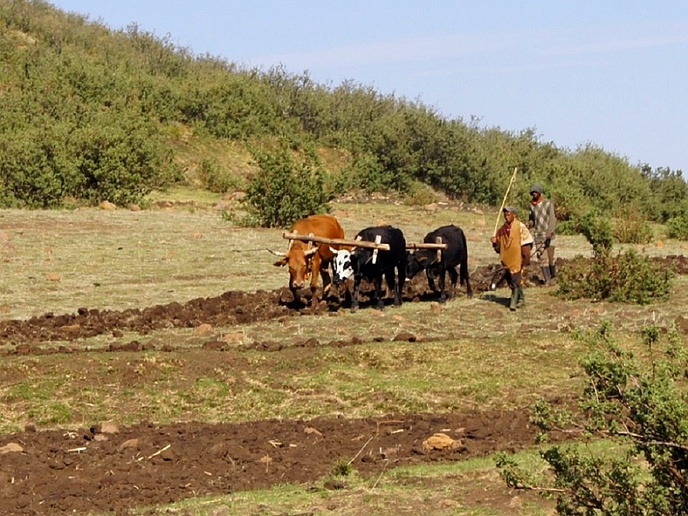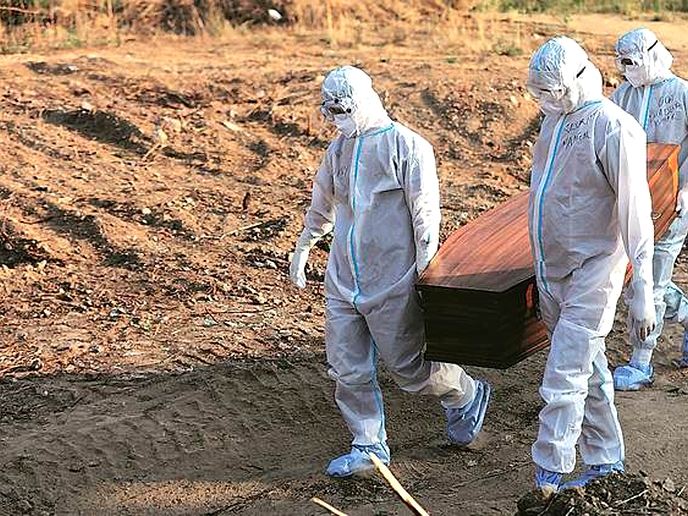SINCE the first COVID-19 prompted lockdown in April last year, hundreds of jobs have been lost while more have been at risk. At risk because firms hardly got enough businesses and workers hardly got their wages.
comments
Jan. 20, 2021
STAFF REPORTER
3 min read
Scarce jobs at risk

The second wave of COVID-19 pandemic and Prime Minister Moeketsi Majoro’s decisive response with a second lockdown is a guarantee that the lost jobs may not be recovered soon and the remaining scarce jobs that survived the first wave are set to be lost too.
This is a recipe for instability, high crime rate, and exposure to immorality as people are likely to opt for whatever means for survival.
The mass employers such as the textile industry in Lesotho are the one that are visibly affected because of the number of employees who lost their jobs at the same time. The textile industry which is mainly designed for export to abroad, was already in danger of facing stiff competition when most textile firms in South Africa explored the textile market regionally and overseas.
The second lockdown due to the second COVID-19 wave therefore means the few remaining local firms cannot have capacity to compete like before. Some are even opting to explore the domestic market, but with less purchasing power locally, the initiative may be a non-starter.
Lesotho is left with the following options: ask for more donations, prioritise agriculture for food self-sufficiency, or formally integrate the economy with that of the Republic of South Africa – fiscal integration.
The problem with the first option is that it can only be for emergency purposes as it also turns to create more beggars within the society. The second option of putting more focus on agriculture is the more sustainable one for the basic health and wellbeing of the people. However, we must know that peoples’ need for improvement of their standards of life goes far beyond just food security – in fact, the more the food security people have, the more their needs for choice of food, choice of lifestyle and choice of luxurious life comes in.
This brings in the third option of formal consolidation of Lesotho’s economy and that of South Africa by removing the artificial borders between the two countries and turn them into toll gates as the only everlasting solution.
Enjoy our daily newsletter from today
Access exclusive newsletters, along with previews of new media releases.
Lesotho has no access to an outside world except through South Africa, either by road, by air or by sea. That means the country is entirely overdependent on South Africa, although it politically pretends otherwise.
We therefore urge the country, while pursuing investment in agriculture, to consider fiscal integration with South Africa. The free trade will not in any way help Lesotho which has a very weak economy. Free trade is about comparative advantages of countries while fiscal integration is about giving and sharing what is available as well as sharing the risks between related countries.
The existing redundant trade barriers through borders between Lesotho and South Africa serve only to add more pain to Basotho who are cornered by starvation.
Tailored for you





